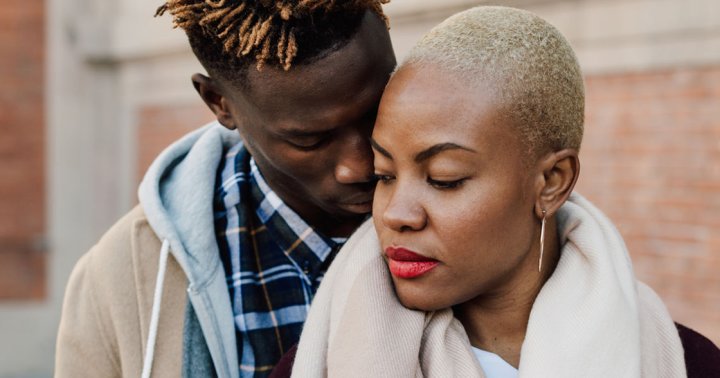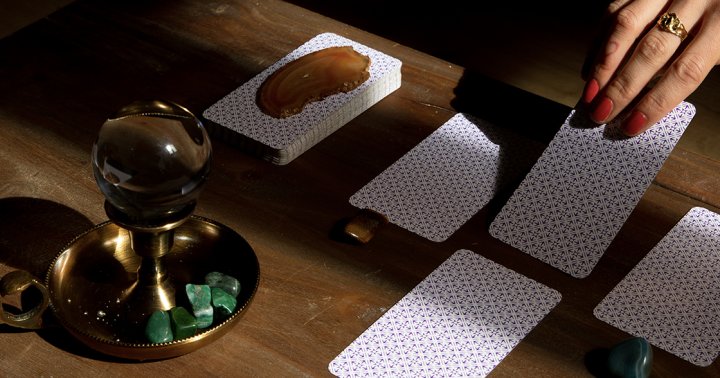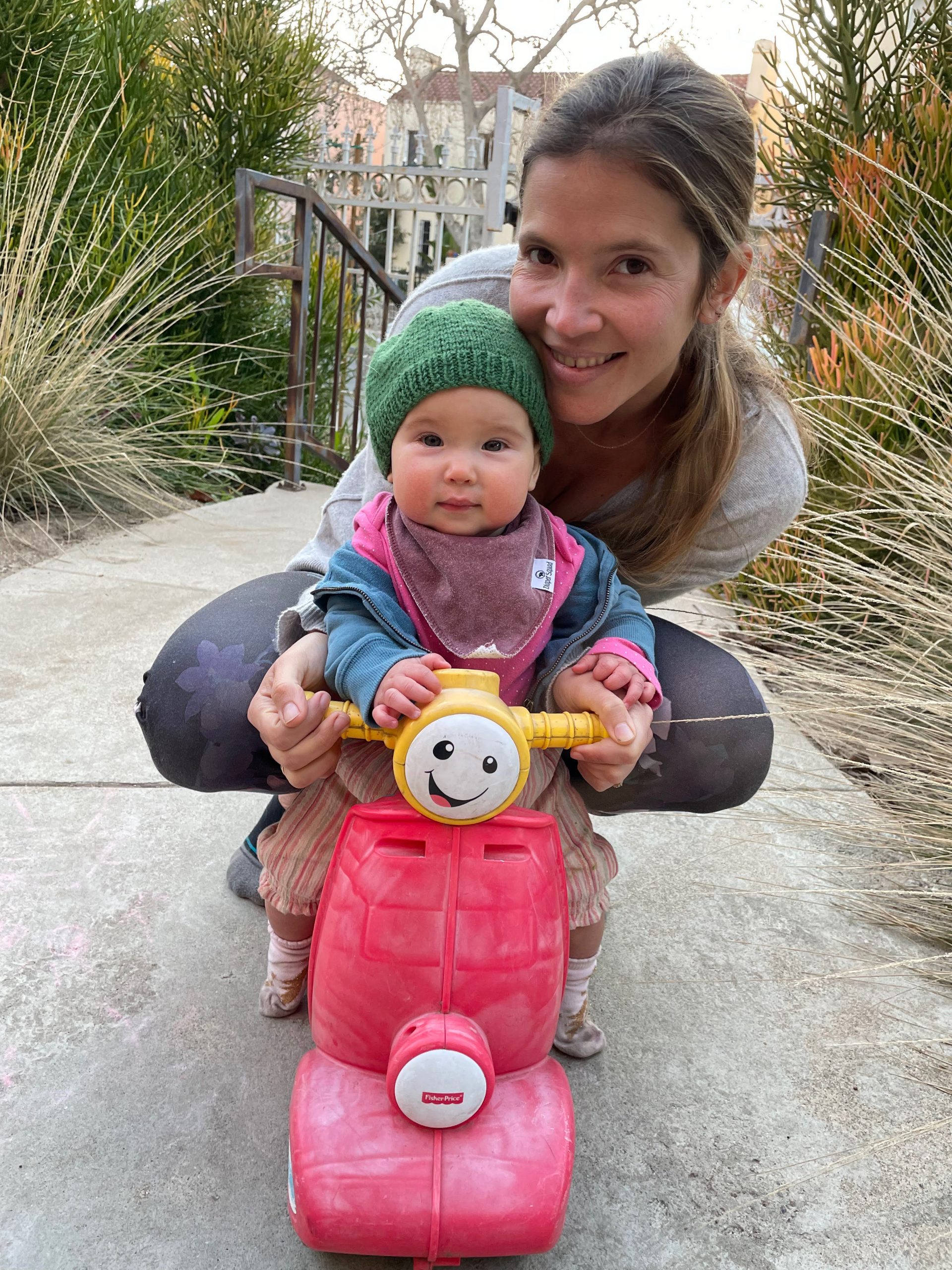This Is What Actually Causes Possessiveness In Relationships
There is one major cause of the insecurity that causes possessiveness.

Are you or your partner possessive?
Many of my clients ask me the following kinds of questions:
The psychology of possessiveness.
There is one major cause of the insecurity that causes possessiveness: self-abandonment. By self-abandonment, I mean not taking responsibility for your own feelings of safety and self-worth and instead making your partner responsible for making you feel secure, loved, and lovable.
No matter how much your partner tries to make you feel safe, such as spending more time with you or restricting their contact with whoever threatens you, you will still feel insecure if you are abandoning yourself by judging yourself, ignoring your feelings, or making your partner responsible for your self-worth. You will always feel insecure, inadequate, and not good enough, and you will always feel threatened by others when you are rejecting and abandoning yourself.
Inner security is the result of one thing: learning to see, value, and love who you are in your soul essence.
We each come into life with a beautiful soul—a spark of the divine with our own wonderful qualities and gifts. When we fall in love with each other, we fall in love with each other's true soul self. But not long into a relationship, if you have been abandoning yourself, fears of loss of yourself or loss of your partner get triggered, and the programmed ego-wounded self takes over with your false beliefs about you not being good enough—not smart enough, not attractive enough, not successful enough, not interesting enough, not funny enough, and so on. That's when you might become threatened about your partner spending time with others.
Sometimes that possessiveness is further enabled by the other person. If you are with a possessive partner, are you enabling your partner to continue to abandon themselves, along with trying to control you? If you are taking responsibility for your partner's feelings or giving yourself up, you are enabling your partner in continuing to be possessive.
How to heal insecurities.
The healing of possessiveness occurs when you learn to love yourself by learning how to take responsibility for your own feelings, how to define your own worth, and how to bring yourself inner peace and joy.
If you were to truly see your own beautiful essence, you would never be threatened by others. You would know that your partner loves your wonderful essence and feels connected with who you really are.
The problem is that most people have lost touch with their true self and think they are their ego-wounded self, which isn't a lovable aspect of us. We lose touch with our true self when our parents or other caregivers can't see and value us because they never learned to see and value themselves.
We cannot see our true soul essence through the distorted eyes of our ego-wounded self. And if we are rejecting and abandoning ourselves, we don't take in and believe the reflections of others.
So how do we become inwardly secure? By learning to see our soul essence through the eyes of our higher self, our higher power. We all must learn how to connect with our higher selves so that we can see, value, and define our own self-worth.
When you learn to do this, you will no longer be threatened by others and no longer try to control your partner with your possessive behavior. Instead, by learning to love yourself, your will be able to support your partner in doing what brings them joy, and you will be able to share love and intimacy with your partner, instead of always trying to get love.

 UsenB
UsenB 



















.jpg&h=630&w=1200&q=100&v=6e07dc5773&c=1)












